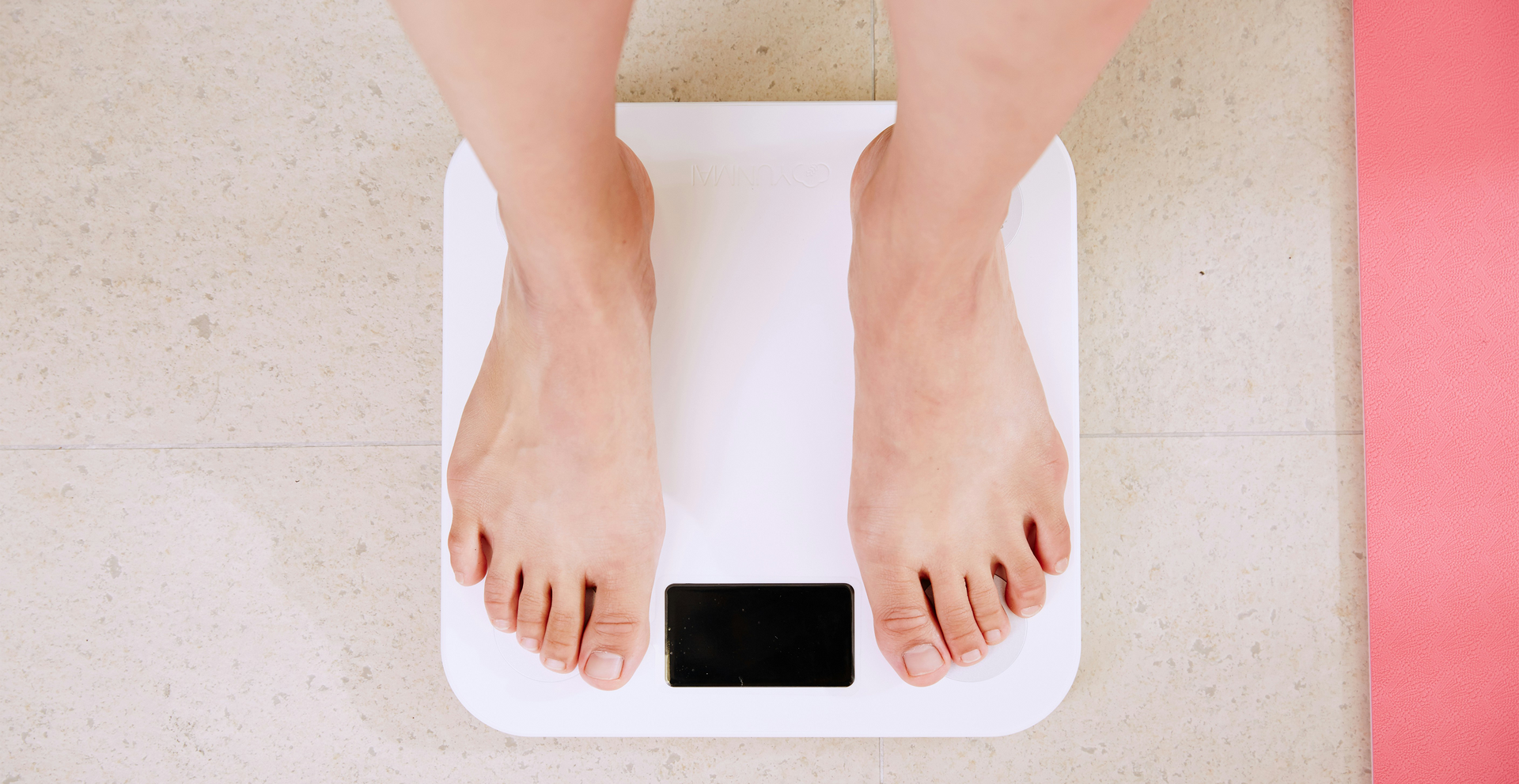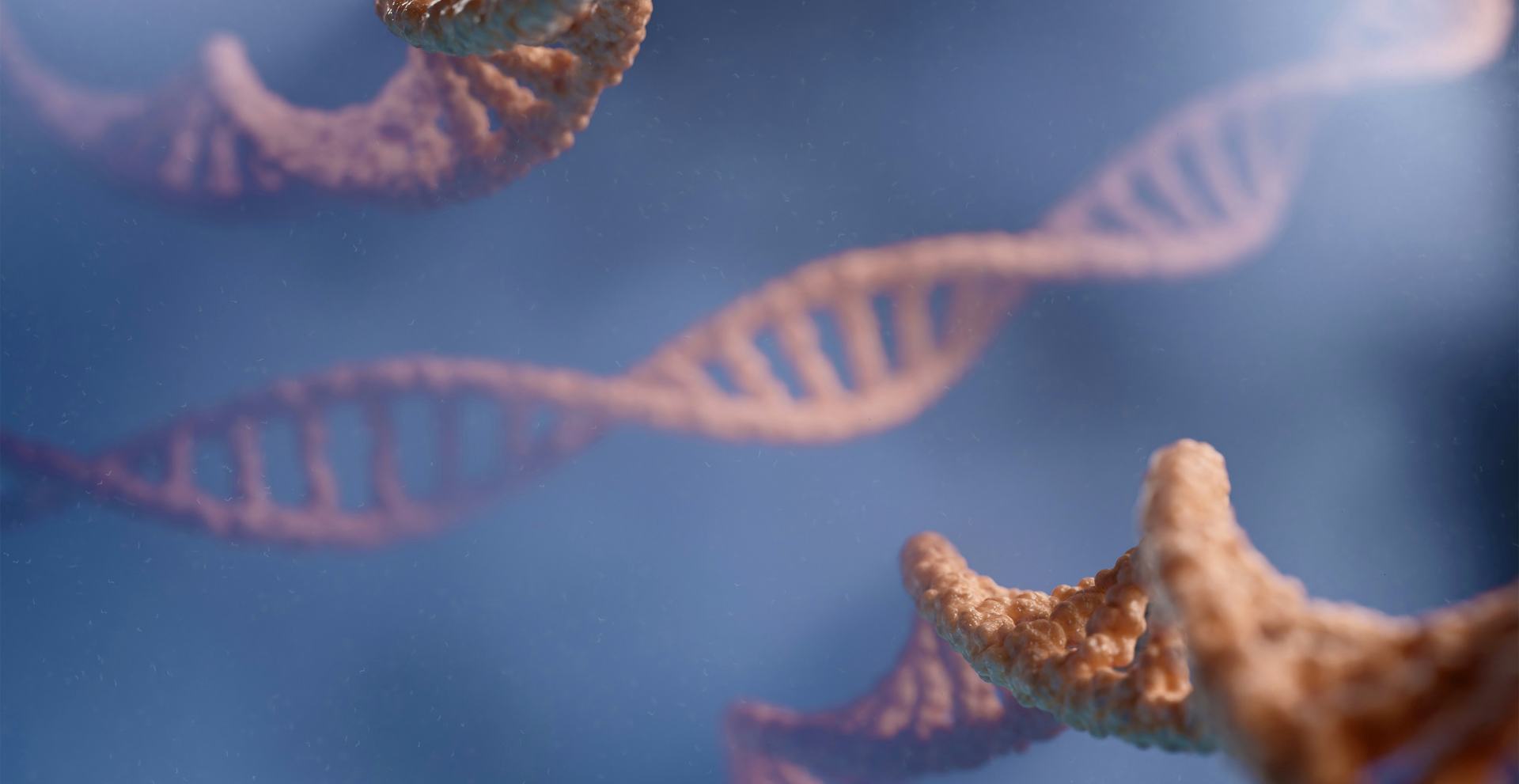Weight Gain and Depression: Understanding the Connection
Many people struggling with depression notice unwanted weight gain, and this can become another burden on top of their emotional struggles. The relationship is two-way: depression can contribute to weight gain, and weight gain can make depression worse. At Friendswood Psychiatry Clinic, we believe understanding this connection is key to helping our patients find relief and recovery.
In this article, we’ll look at how depression, weight gain, and antidepressant medications are connected. We’ll also highlight treatment options that can improve mood without the side effect of weight gain.
What Causes Weight Gain in Depression?
The reasons depression contributes to weight gain are multifactorial, involving both psychological and biological mechanisms.
Psychological and Lifestyle Factors
Depression often changes a person’s habits and routines in ways that make weight gain more likely:
- Comfort eating: Many people turn to food, especially sugary or high-calorie “comfort” foods, as a coping mechanism to deal with feelings of sadness, hopelessness, or stress. These foods can provide temporary relief but often lead to excess calorie intake.
- Lack of exercise: Depression frequently causes a loss of motivation and energy. People may be less inclined to move, and the idea of exercising may feel inaccessible.
- Sleep disruption: Depression often interferes with healthy sleep patterns. Poor sleep can increase cravings for high-calorie foods and disrupt appetite-regulating hormones, further contributing to weight gain.
Biological Factors
In addition to lifestyle factors, biological factors associated with depression could also contribute to weight gain:
- Abnormal energy metabolism: Research has shown that depression is often accompanied by disrupted metabolism, the ability to burn food into energy. These findings could also explain why people with depression frequently feel lethargic.
- Hormonal changes: Depression can disrupt the balance of hormones such as cortisol (the stress hormone) and leptin, both of which play roles in metabolism and appetite.
Antidepressants and Weight Gain
While depression itself can cause weight gain, the treatments for depression can also contribute. Antidepressant medications, including selective serotonin reuptake inhibitors (SSRIs) and tricyclic antidepressants, are associated with increased appetite, changes in metabolism, and weight gain.
A study from King’s College London found long-term antidepressant use increased the risk of moving from a “normal” weight to overweight or obese by 29%. Another study from Harvard found that the SSRIs sertraline and escitalopram were most likely to cause weight gain, based on data from over 183,000 depressed patients.
It’s not completely clear why antidepressants cause weight gain. However, serotonin—a chemical messenger involved in depression—is thought to play a key role. This neurotransmitter is important for regulating appetite and is the primary target of antidepressant action in the brain. Antidepressants also interact with histamine, which affects appetite and metabolism.
Medication Management at Friendswood
At Friendswood Psychiatry Clinic, our psychiatrists take a personalized approach to treatment. We work with each patient to find the right medication and dosage for effective symptom relief. Because some medications are more likely than others to cause weight changes, we carefully consider options that minimize side effects while still addressing depression.
If weight gain becomes an issue, we can adjust the dosage, switch to a different medication, or add lifestyle and nutritional support to your care plan. For those who do not respond well to antidepressants or who wish to avoid medication side effects altogether, we also offer Transcranial Magnetic Stimulation (TMS), a safe and effective alternative treatment.
How Weight Gain Can Worsen Depression
Weight gain is not just a physical issue; it can directly impact mental health and make depression more difficult to manage. This creates a bidirectional cycle, where depression causes weight gain, and weight gain in turn worsens depression.
Some of the key ways weight gain contributes to worsening depression include:
- Negative self-image: Unwanted changes in weight can lead to low self-esteem, body dissatisfaction, and feelings of shame, all of which feed into depressive symptoms.
- Reduced mobility: Carrying extra weight can cause fatigue, joint pain, or decreased physical endurance, making it harder to engage in activities that improve mood, such as exercise or socializing.
- Increased health risks: Weight gain is associated with higher risks of diabetes, heart disease, and sleep apnea, all of which can worsen mood and complicate depression treatment.
Depression Treatments That Don’t Cause Weight Gain
Fortunately, there are effective depression treatments that do not contribute to weight gain.
Transcranial Magnetic Stimulation (TMS)
TMS is an FDA-approved, non-invasive treatment for depression that uses gentle magnetic pulses to stimulate specific areas of the brain involved in mood regulation. Unlike medications, TMS does not circulate through the body, so it does not cause systemic side effects such as weight gain.
TMS is an excellent option for patients who experience unwanted side effects from medication or simply want a non-drug approach to treatment. It can also be effective for those who have experienced no positive benefits from medication, offering meaningful, sustained relief.
Other Alternatives
- Ketamine therapy: Ketamine and its FDA-approved form, Spravato, are innovative treatments for depression. While they may cause temporary side effects such as dissociation or dizziness, they do not typically lead to weight gain.
- Electroconvulsive Therapy (ECT): In severe cases of depression, ECT can be highly effective. Like ketamine, it does not generally contribute to weight gain, though it is usually reserved for patients who have not improved with other therapies because of other potential harms.
The Role of Nutrition and Exercise in Depression Care
While biologically-based interventions can help stabilize mood, lifestyle strategies remain an essential part of managing depression. Nutrition and exercise are vital because they not only help reduce weight gain in depression, but can also help reduce symptoms entirely.
- Nutrition: Eating a balanced diet rich in whole foods, lean proteins, and complex carbohydrates can stabilize blood sugar and support brain health. Nutritional choices also influence gut health, which is increasingly recognized as an essential factor in mental health.
- Exercise: Regular physical activity releases endorphins, improves sleep, reduces stress, and supports weight management. Even moderate exercise, such as daily walking, can significantly improve mood and energy.
At Friendswood Psychiatry Clinic, we emphasize the importance of a holistic approach. In addition to medical treatment, we can provide guidance and support around nutrition and exercise as part of a comprehensive care plan.
Finding the Right Support at Friendswood Psychiatry Clinic
At Friendswood Psychiatry Clinic, we are dedicated to helping patients break the cycle of depression and weight gain. Through personalized care and advanced therapies, we work with each individual to find the most effective path forward.
If you or a loved one is struggling with depression and weight concerns, please reach out to us. Together, we can create a treatment plan that supports both your mental health and your overall wellness.

HELPFUL LINKS
SCHEDULE A CONSULTATION
It's important to know that you are not alone. You can get help with depression today!
WE SUPPORT MENTAL WELLNESS
- Depression
- Anxiety
- ADHD
- OCD
- Adjustment Disorders
- Life Transitions
- Autism Management
- Binge Eating Disorders
- Smoking Cessation







